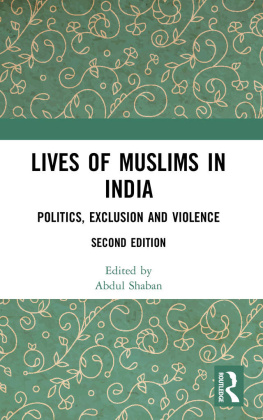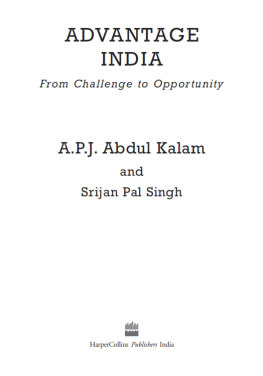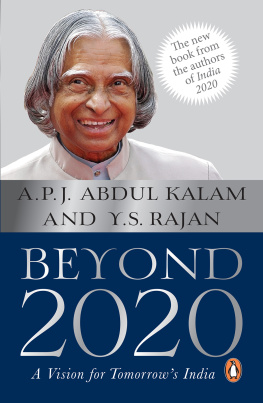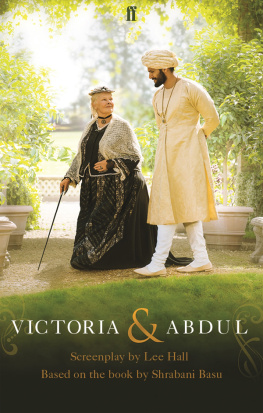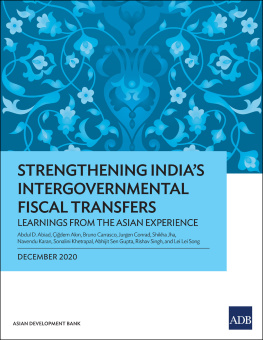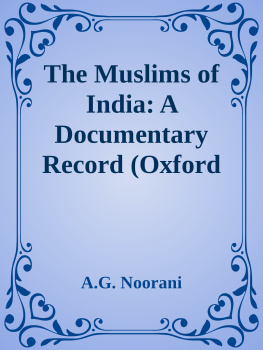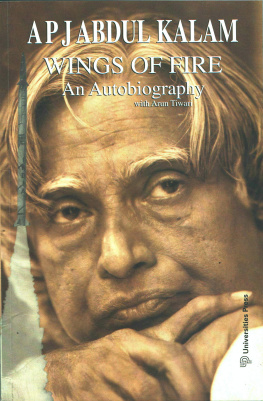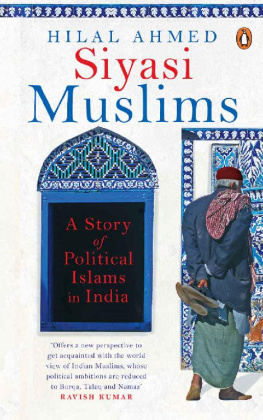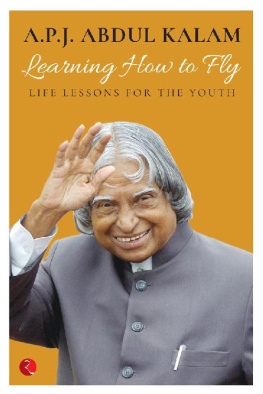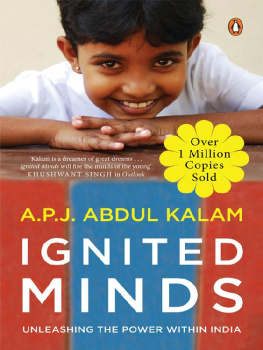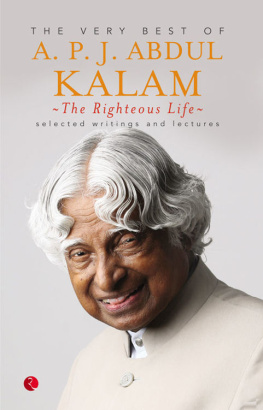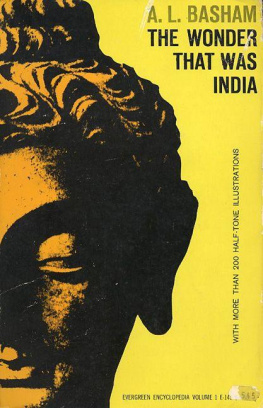Abdul Shaban - Lives of Muslims in India
Here you can read online Abdul Shaban - Lives of Muslims in India full text of the book (entire story) in english for free. Download pdf and epub, get meaning, cover and reviews about this ebook. year: 2018, publisher: Taylor and Francis, genre: Politics. Description of the work, (preface) as well as reviews are available. Best literature library LitArk.com created for fans of good reading and offers a wide selection of genres:
Romance novel
Science fiction
Adventure
Detective
Science
History
Home and family
Prose
Art
Politics
Computer
Non-fiction
Religion
Business
Children
Humor
Choose a favorite category and find really read worthwhile books. Enjoy immersion in the world of imagination, feel the emotions of the characters or learn something new for yourself, make an fascinating discovery.
- Book:Lives of Muslims in India
- Author:
- Publisher:Taylor and Francis
- Genre:
- Year:2018
- Rating:3 / 5
- Favourites:Add to favourites
- Your mark:
- 60
- 1
- 2
- 3
- 4
- 5
Lives of Muslims in India: summary, description and annotation
We offer to read an annotation, description, summary or preface (depends on what the author of the book "Lives of Muslims in India" wrote himself). If you haven't found the necessary information about the book — write in the comments, we will try to find it.
Lives of Muslims in India — read online for free the complete book (whole text) full work
Below is the text of the book, divided by pages. System saving the place of the last page read, allows you to conveniently read the book "Lives of Muslims in India" online for free, without having to search again every time where you left off. Put a bookmark, and you can go to the page where you finished reading at any time.
Font size:
Interval:
Bookmark:
The fast-consolidating identities along religious and ethnic lines in recent years have considerably minoritised Muslims in India. The wide-ranging essays in this volume focus on the intensified exclusionary practices against Indian Muslims, highlighting how, amidst a politics of violence, confusing policy frameworks on caste and class lines, and institutionalised riot systems, the community has also suffered from the lack of leadership from within. At the same time, Indian Muslims have emerged as a mass around which the politics of vote bank, appeasement, foreigners, Pakistanis within the country, and so on are innovated and played upon, making them further apprehensive about asserting their legitimate right to development. The important issues of the double marginalisation of Muslim women and attempts to reform the Muslim Personal Law by some civil society groups are also discussed. Contributed by academics, activists and journalists, the articles discuss issues of integration, exclusion and violence, and attempt to understand categories such as identity, minority, multiculturalism and nationalism with regard to and in the context of Indian Muslims.
This second edition, with a new introduction, will be of great interest to scholars and researchers in sociology, politics, history, cultural studies, minority studies, Islamic studies, policy studies and development studies, as well as policymakers, civil society activists and those in media and journalism.
Abdul Shaban is Professor at the School of Development Studies and Deputy Director (Tuljapur Campus), Tata Institute of Social Sciences, Mumbai, India. He has published widely on Muslims in India, including in Mumbai: Political Economy of Crime and Space (2010); Muslims in Urban India: Development and Exclusion (2013); and Mega-urbanization in the Global South: Fast Cities and New Urban Utopias of the Postcolonial State (2012, co-editor). He has been member of the Study Group appointed by the Government of Maharashtra to assess the Social, Economic and Educational Status of Muslims in Maharashtra (201213); the Post-Sachar Evaluation Committee (201314) appointed by the Ministry of Minority Affairs, Government of India; and the Commission of Inquiry on Social, Economic and Educational Status of Muslims in Telangana (2015present). He has also authored many reports for the Maharashtra State Minorities Commission, the Government of Maharashtra, the Government of India, the World Bank, and national and international corporate groups.
Lives of Muslims in India is an important book not only because it adds to the literature on Indian Muslims but also because it confronts head-on many of the issues facing Indian Muslims. The immense importance of the Sachar report in this context also becomes evident.
Vikhar Ahmed Sayeed, Frontline
It offers significantly new things to the readers. One hopes it would be appreciated not only in academic as well as popular circles but also in policy domain and state executive.
K.M. Ziyauddin, Journal of Exclusion Studies
This is a stimulating, interesting, thought-provoking and thoroughly absorbing collection that will be of value for academics, students and researchers interested in political sociology, minority studies, Asian politics, cultural and religious studies, anthropology and social sciences. The series of articles that individually represent important contributions to the debate about the lives of Muslims in India and present a series of interesting observations, comparisons, interpretations and questions make it a book worth reading.
Fayaz Ahmad Bhat, Islam and Muslim Societies, A Social Science Journal
This is a rare book bringing together thought-provoking, well-researched and articulated writings from a range of authors on issues relating to Muslims of India. Essays explore the impact of violence on the structure of exclusion and point to the changing domains of national integration. The analytical richness describing the life situation of Muslims in major cities, regions and at the national level within the multidisciplinary perspective, broaden our understanding of the social and developmental institutions, their formations and processes. Special emphasis on the issues relating to Muslim women are praiseworthy.
Abusaleh Shariff , US-India Policy Institute,
Washington DC, USA and former Member
Secretary, the Prime Ministers High Level
Committee (Sachar Committee),
Government of India
Politics, Exclusion and Violence
Second Edition
With a New Introduction
Edited by
Abdul Shaban

Second edition published 2018
by Routledge
2 Park Square, Milton Park, Abingdon, Oxon OX14 4RN
and by Routledge
711 Third Avenue, New York, NY 10017
Routledge is an imprint of the Taylor & Francis Group, an informa business
2012, 2018 selection and editorial matter, Abdul Shaban; individual chapters, the contributors
The right of Abdul Shaban to be identified as the author of the editorial material, and of the authors for their individual chapters, has been asserted in accordance with sections 77 and 78 of the Copyright, Designs and Patents Act 1988.
All rights reserved. No part of this book may be reprinted or reproduced or utilised in any form or by any electronic, mechanical, or other means, now known or hereafter invented, including photocopying and recording, or in any information storage or retrieval system, without permission in writing from the publishers.
Trademark notice : Product or corporate names may be trademarks or registered trademarks, and are used only for identification and explanation without intent to infringe.
First edition published 2012 in India by Routledge
British Library Cataloguing-in-Publication Data
A catalogue record for this book is available from the British Library
Library of Congress Cataloging-in-Publication Data
A catalog record had been requested for this book
ISBN: 978-0-8153-9297-2 (hbk)
ISBN: 978-0-8153-6983-7 (pbk)
ISBN: 978-1-351-22762-9 (ebk)
Typeset in Plantin
by Apex CoVantage, LLC
Abdul Shaban
M. J. Akbar
Markha Valenta
Ranu Jain
Ram Puniyani
Irfan Engineer
Nistula Hebbar
Taha Abdul Rauf
R. B. Bhagat
Jyoti Punwani
Abdul Shaban
Sanjukta Sattar
Noorjehan Safia Niaz and J. S. Apte
M. J. Akbar is a leading Indian journalist and author. Presently, he is Minister of State for External Affairs, and a Member of Parliament in the Rajya Sabha. He has also been editor of The Sunday Guardian , published from Delhi; India on Sunday , published from London; and editorial Director, India Today and Headline Today . He is the founder and former editor-in-chief and managing director of Asian Age and was editor-in-chief of The Deccan Chronicle . He was founder and editor of The Telegraph , published from Calcutta and the Sunday magazine. In 1989, he joined politics with his election to the Indian Parliament and left politics with his resignation in 1992. In March 2006, he joined The Brooking Institute, Washington, as visiting fellow in the Brooking Project on the US Policy towards the Islamic world. He has authored several books including The Shade of Sword: Jihad and Conflict between Islam and Christianity (2002) and Tinderbox: The Past and Future of Pakistan (2011).
J. S. Apte has worked as a Social Work Instructor with the Family Welfare Training and Research Centre [GOI], Mumbai, from 1960 to 1970. Thereafter, he was Field Programme Officer and Director [Training and Branch Management] with the Family Planning Association of India. Since 1990, he has been a freelance writer and has contributed articles to English and Marathi periodicals on developmental issues like population, family planning, environment, womens welfare and rural reconstruction.
Font size:
Interval:
Bookmark:
Similar books «Lives of Muslims in India»
Look at similar books to Lives of Muslims in India. We have selected literature similar in name and meaning in the hope of providing readers with more options to find new, interesting, not yet read works.
Discussion, reviews of the book Lives of Muslims in India and just readers' own opinions. Leave your comments, write what you think about the work, its meaning or the main characters. Specify what exactly you liked and what you didn't like, and why you think so.

